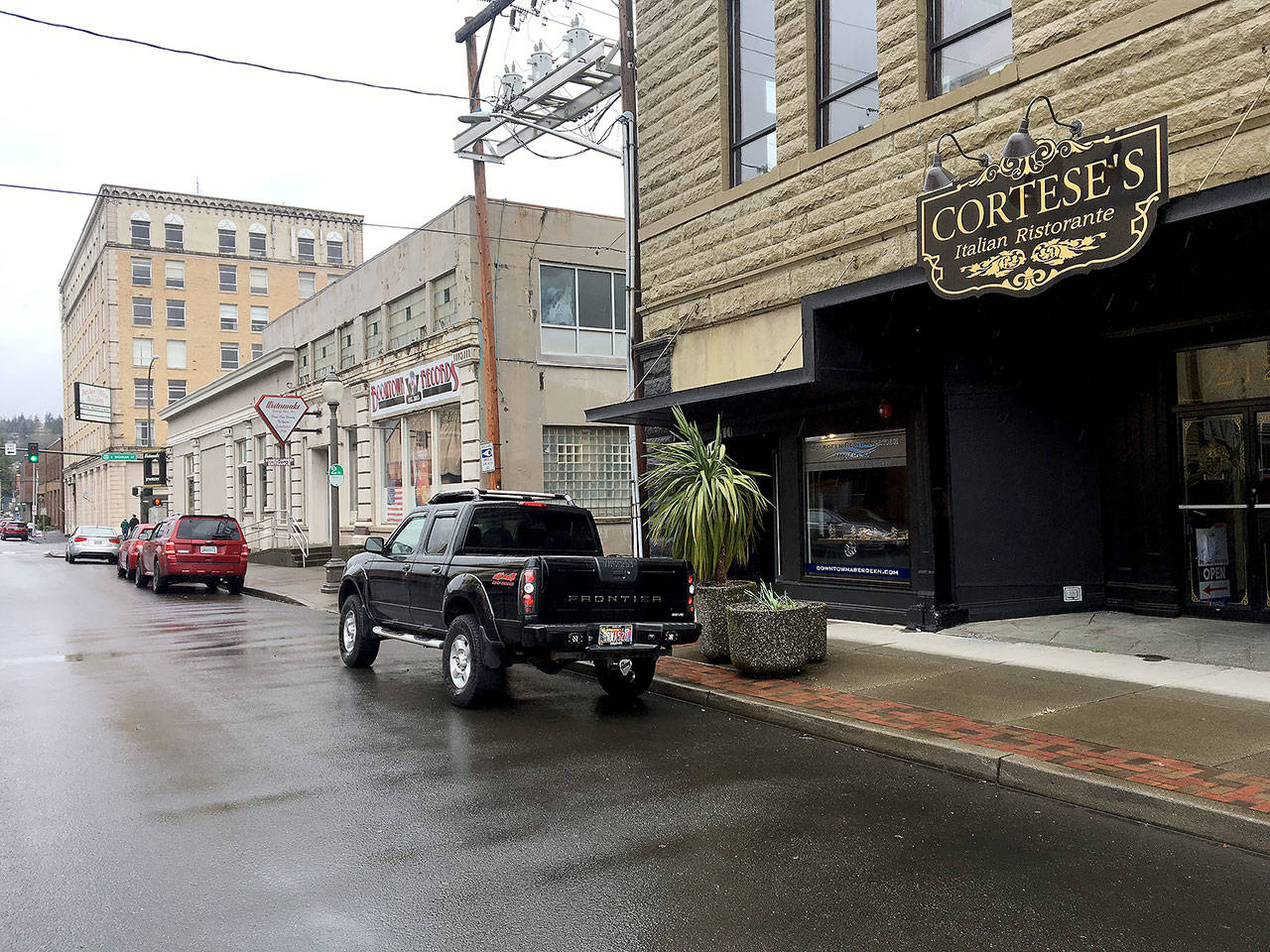By Sophie Quinton
Stateline.org
Governors helped the U.S. Treasury Department choose nearly 9,000 economically distressed “opportunity zones” where people can get a tax break for investing in certain businesses and properties. But the 2017 federal tax law that created the zones doesn’t allow governors or state lawmakers to steer investors’ money into certain projects.
They’re trying to influence the market anyway.
This year 17 state legislatures have considered opportunity zone bills, including proposals for additional tax breaks to lure investors or encourage certain projects, such as affordable housing or solar energy development, according to Novogradac & Co. LLC, an accounting and consulting firm that is keeping track.
Grays Harbor has three “Opportunity Zone” census tracts, which include parts of Aberdeen, Hoquiam, and the coast from Ocean Shores to Moclips, according to the Greater Grays Harbor Inc., website.
The federal government is expected to announce a second round of proposed opportunity zone regulations any day now, which would give many investors confidence to start striking deals.
“Through the added incentives, states can encourage the type of development they want to see in opportunity zones,” said Michael Novogradac, managing partner of Novogradac & Company.
Novogradac cautioned, however, that ultimately cities and counties may have more power over what gets built in a zone than states do. Last year, for example, the City Council in Boulder, Colorado, halted some development in its zone, citing the need for more planning.
“I do think they can bend the curve to be sure,” Novogradac said of states. “But at the end of the day it really depends on local government and local policies.”
Much of the early investment in opportunity zones is flowing into real estate. Sales of undeveloped land, previously developed but vacant land, and properties ripe for demolition and redevelopment surged in zones last year, according to a December report from Real Capital Analytics, a company that tracks real estate markets.
New York City, Los Angeles and Phoenix may be the hottest markets for opportunity zone funds, the report said.
Some state lawmakers want to tip the scales in favor of projects their constituents need but may be riskier or less lucrative than a new hotel or apartment building in a big city.
Washington state 24th District Rep. Mike Chapman is interested in offering state tax credits to opportunity zone investors who can create jobs in economically depressed rural areas.
“We don’t have a lack of construction work in this state, so it’s not like we need to build more buildings,” the Democrat said. “We need jobs in rural counties that are living wage jobs where people can consistently receive a paycheck.”
California Gov. Gavin Newsom, a Democrat, has proposed a state tax break like the federal one, though it would apply only to green technology and affordable housing projects.
Maryland Gov. Larry Hogan, a Republican, wants to lure businesses into zones with additional tax breaks for creating jobs, expanded workforce training assistance, and more funding for affordable housing development and small-business loans, among other incentives.
‘Windfall to Investors’
To get the federal tax break, people must invest earnings from selling stocks, bonds or property in a fund that, in turn, invests in businesses or property in an opportunity zone. Investors who put money into such a fund can defer paying taxes on their gains right away and earn a 15 percent tax cut on the gains after holding their shares for seven years.
Investors who hold their shares for 10 years don’t have to pay capital gains taxes on money they make from those shares.
Most states have adopted a similar tax break. Nine states have not aligned with the federal tax break because they don’t tax incomes. Lawmakers in eight states have either declined to offer the same incentive or haven’t acted yet, according to Novogradac. But it’s not clear that creating a state version of the federal opportunity zone tax break will make much of a difference to investors.
Some progressive advocacy groups say the state tax breaks are a waste of money.
“It’s going to be going to the investor class, which is not a piece of our society that we need to help,” said Jody Wiser, executive director of Tax Fairness Oregon, a nonprofit pushing to eliminate Oregon’s version of the opportunity zone tax break.
“Most of the money will be spent where money was going to be spent anyway,” she said.
She pointed to zones in downtown Portland that already are filling up with office buildings and trendy restaurants.
Washington’s Chapman wants his state to offer $60 million in business tax credits to investors in opportunity zone funds focused on rural, economically depressed counties.
Funds would need permission from the state Department of Commerce to pass on the credits, and if they were to misuse the taxpayer dollars, they’d have to pay the state back.


